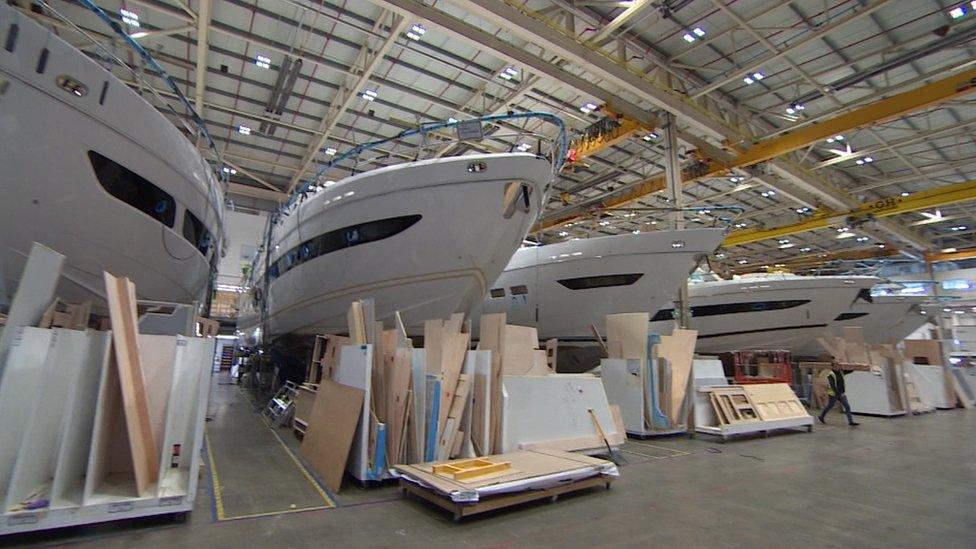Devon freeport to get £3.5m of land for jobs
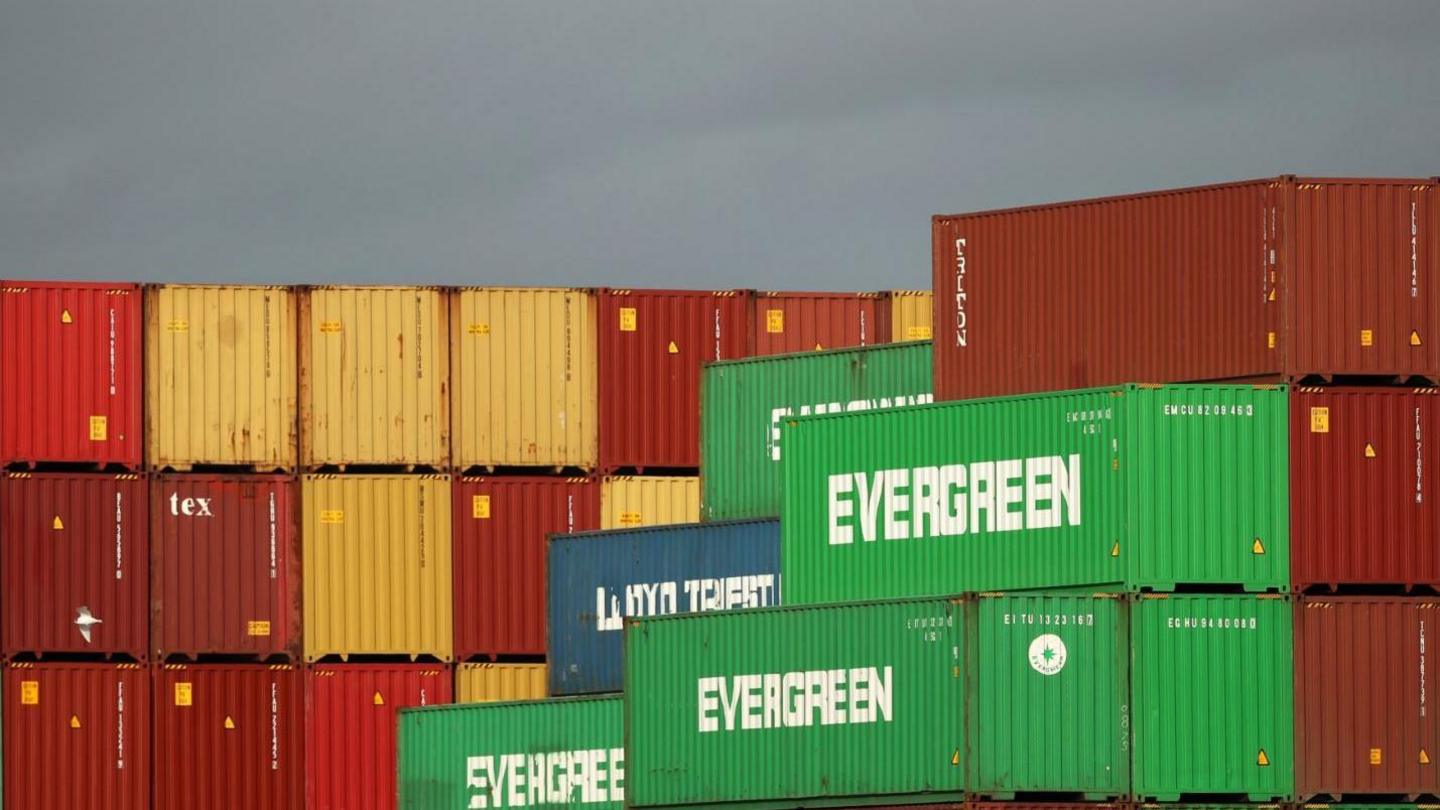
The Sherford site is one of three tax exempt sites within the freeport
- Published
A Devon council has been given £3.5m to buy a parcel of land which authorities say could help generate hundreds of jobs.
An unnamed local company wants to set up warehousing, storage and engineering space on the 19.5-acre (7.9-hectare) site in the Plymouth and South Devon Freeport area near Sherford, said Plymouth City Council.
The local authority, which is giving South Hams District Council the money to buy the land, said it "could create a base for hundreds of skilled jobs".
The Sherford site is one of three sites which would be exempt from goods taxes within the freeport's jurisdiction.
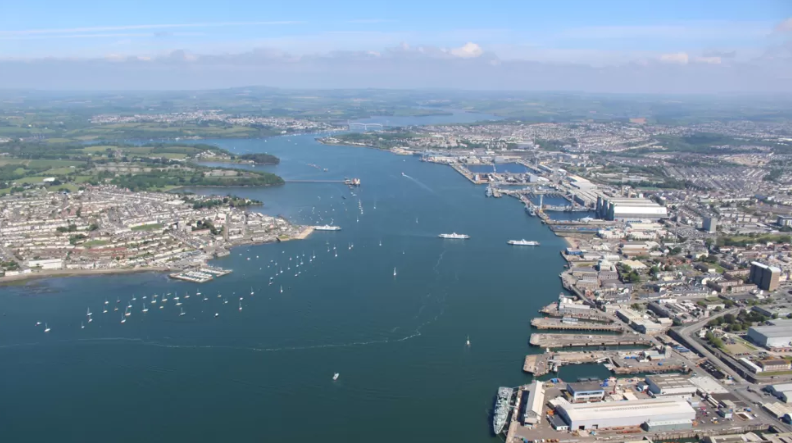
Plymouth is among eight freeports in England
Two other tax exempt sites within the freeport have also received seed funding.
The city council has allocated £4m to the freeport's largest site at Beaumont Way in Langage and £1.3m for Millbay Docks in Plymouth.
The local authority was given nearly £20m for the freeport by the from the Department of Levelling Up, Housing and Communities Levelling Up in November.
Plymouth City Council leader Tudor Evans said: "This decision will help speed up the ground and preparation work needed on this allocated freeport site to get it ready for development.
"In a nutshell, this means more jobs will be available sooner."
The land near Sherford is currently owned by the Sherford Consortium, a partnership between award-winning national housebuilders, Taylor Wimpey and Vistry Group.
The freeport authority said it would unlock millions of pounds in funding and create 3,500 jobs, mainly in maritime and defence industries.
What are freeports?
Plymouth is among eight freeports in England., external
Goods imported into freeports from abroad are exempt from taxes, called tariffs, that are normally paid to the UK government on arrival.
It means manufacturers in freeports can import raw materials tariff-free, only paying tariffs on finished products leaving the site for elsewhere in the UK.
Or the goods can be re-exported overseas without the UK duties being paid.
In England, it has been confirmed companies inside the sites will also be able to claim lower property taxes, including on new buildings they buy.
Companies based in freeports will also benefit from lower rates of national insurance - a tax paid on employees' wages - if they take on new staff.
Follow BBC Devon on X (formerly Twitter), external, Facebook, external and Instagram, external. Send your story ideas to spotlight@bbc.co.uk, external.
Related internet links
- Published22 November 2023
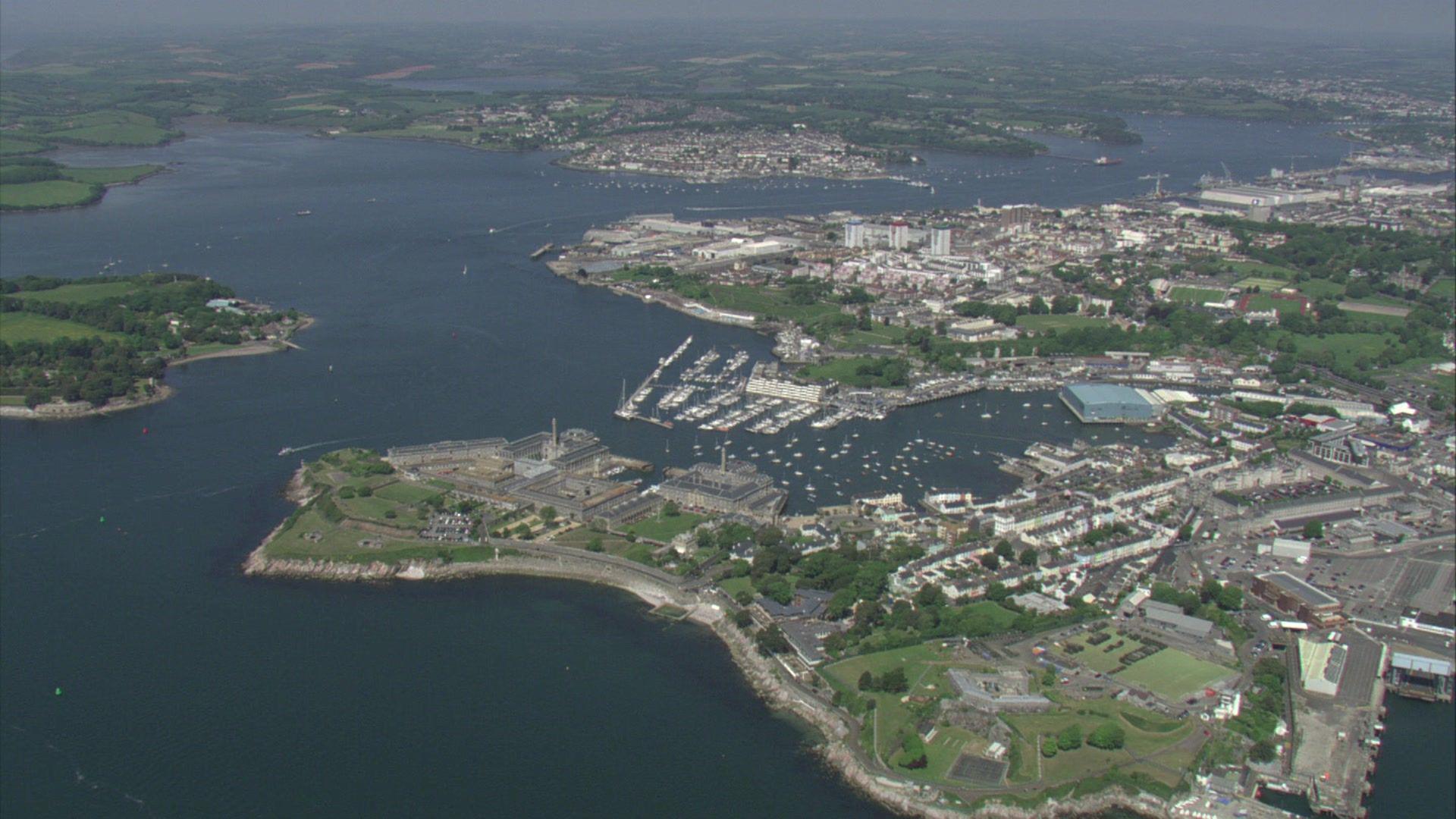
- Published20 November 2023
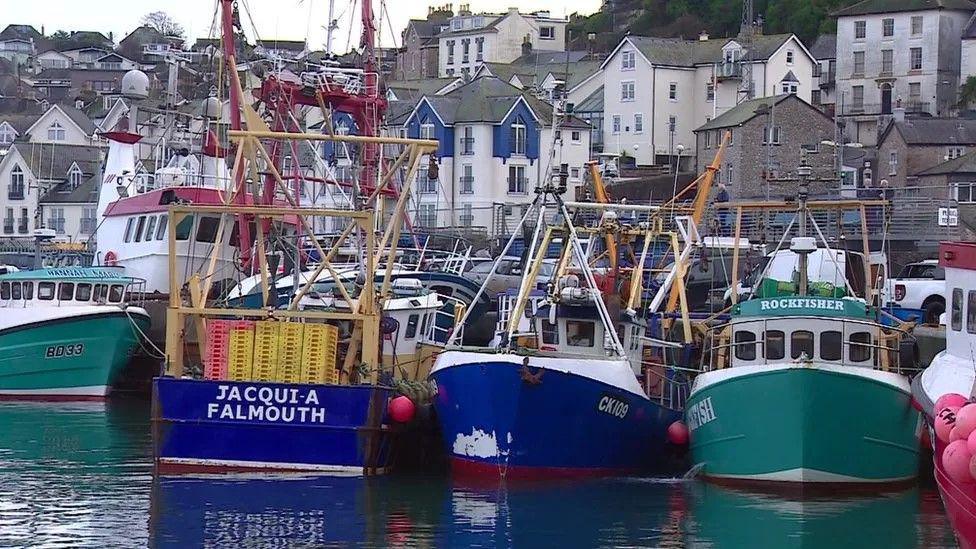
- Published7 December 2022
